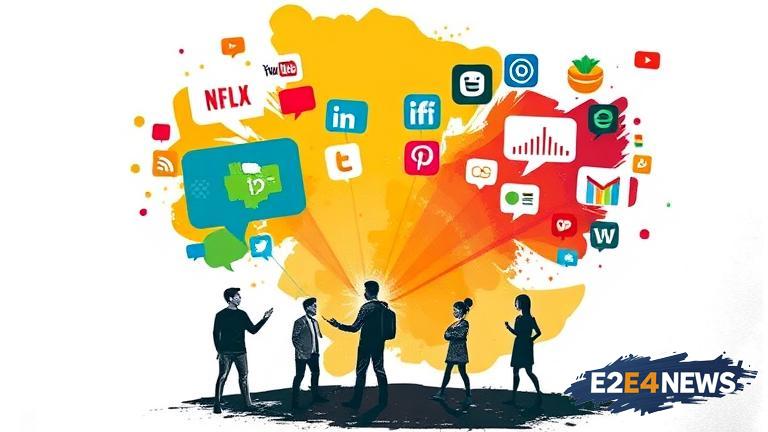The Indian government has recently introduced new social media conduct rules, which aim to regulate the behavior of social media users and platforms in the country. The rules, which were announced by the Ministry of Electronics and Information Technology, have sparked a heated debate among citizens, experts, and social media companies. According to the new rules, social media platforms will be required to remove any content that is deemed to be ‘fake news’ or ‘harmful’ within 24 hours of being reported. The rules also require social media platforms to appoint a grievance officer, who will be responsible for addressing user complaints and concerns. Furthermore, the rules state that social media platforms will be required to provide information about the origin of any content that is deemed to be ‘fake news’ or ‘harmful’. The introduction of these new rules has been met with criticism from some quarters, with many arguing that they are an attempt to stifle free speech and online expression. Others have raised concerns about the potential impact on the freedom of the press and the ability of journalists to report on sensitive topics. Despite these concerns, the government has argued that the new rules are necessary to prevent the spread of misinformation and to protect citizens from online harm. The rules have also been welcomed by some, who argue that they will help to create a safer and more respectful online environment. In recent days, the issue has gained significant attention, with many Indians taking to social media to express their opinions and concerns about the new rules. Some have joked about the rules, with one user, Samay Raina, making light of the situation with a humorous tweet. However, others have been more serious in their criticism, arguing that the rules are a threat to democracy and the freedom of expression. The introduction of the new rules has also sparked a wider debate about the role of social media in Indian society and the need for greater regulation and oversight. Many have argued that social media companies have a responsibility to protect their users and to prevent the spread of misinformation. Others have argued that the government should not be involved in regulating social media and that users should be free to express themselves online without fear of censorship or reprisal. As the debate continues, it remains to be seen how the new rules will be implemented and what impact they will have on social media users and platforms in India. The government has stated that it will work with social media companies to ensure that the rules are implemented effectively and that users are protected from online harm. However, many questions remain unanswered, including how the rules will be enforced and what penalties will be imposed on those who fail to comply. In the coming weeks and months, it is likely that the debate will continue, with many Indians watching with interest to see how the situation develops. The introduction of the new rules is a significant development in the ongoing discussion about the role of social media in Indian society and the need for greater regulation and oversight. As the situation continues to evolve, it is likely that there will be many more twists and turns, with the outcome uncertain. One thing is clear, however: the new rules have sparked a lively and important debate about the future of social media in India and the need for greater protection and oversight. The rules have also highlighted the need for greater awareness and education about online safety and the potential risks associated with social media use. In the end, it is up to the government, social media companies, and users to work together to create a safer and more respectful online environment. The new rules are a step in the right direction, but there is still much work to be done to address the complex issues surrounding social media use in India. The situation will continue to be monitored closely, with many watching to see how the new rules are implemented and what impact they will have on social media users and platforms in the country.
